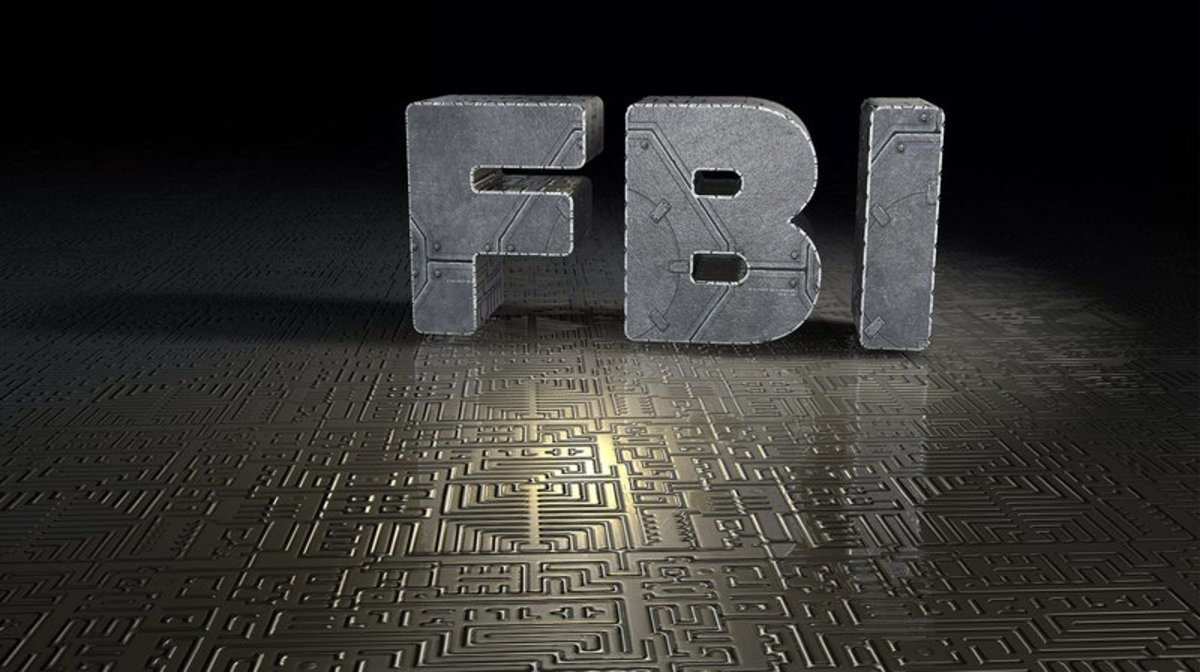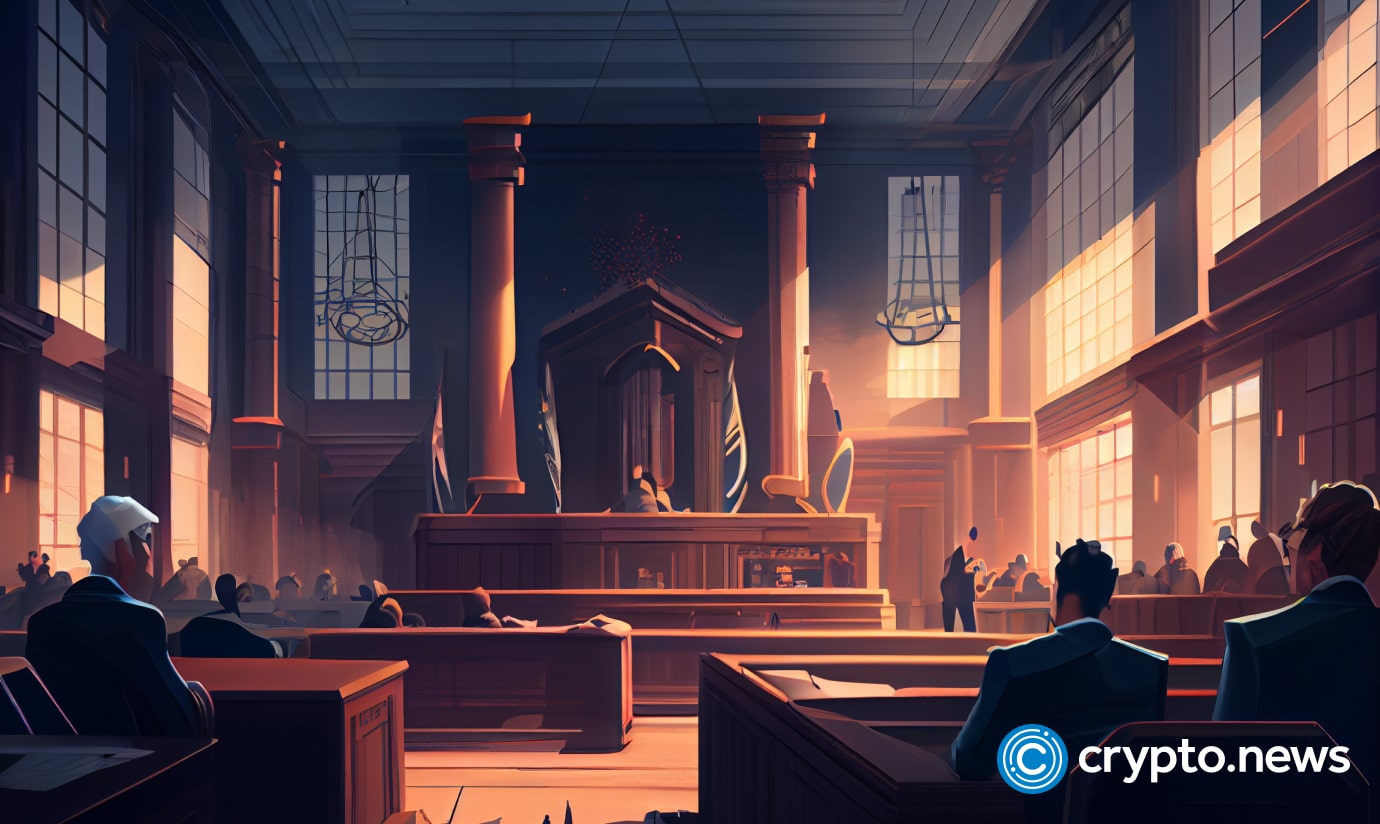2024-12-8 00:53 |
Cryptocurrency users who crave privacy protections had a lot to be thankful for this past Thanksgiving.
Two days before the holiday, a unanimous three-judge panel of the Fifth Circuit <a href="https://urldefense.com/v3/__https://law.justia.com/cases/federal/appellate-courts/ca5/23-50669/23-50669-2024-11-26.html__;!!PKfFmjksEw!wM17mRGDIMaN9Th4zBieDNp3n41eLPN9OO6wSnrmfgInwXPu3ssbifKL6Js4WYd7pUUZPhu0FtQfZyL8p9Ppvr8g$" target="_blank">ruled</a> that the Treasury Department’s <a href="https://urldefense.com/v3/__https://ofac.treasury.gov/__;!!PKfFmjksEw!wM17mRGDIMaN9Th4zBieDNp3n41eLPN9OO6wSnrmfgInwXPu3ssbifKL6Js4WYd7pUUZPhu0FtQfZyL8p5SNLV2k$" target="_blank">Office of Foreign Assets Control (OFAC)</a> had acted in an arbitrary and capricious manner not supported by substantial evidence when it “overstepped its congressionally defined authority” in sanctioning “Tornado Cash’s open-source, self-executing software” instead of “the rogue persons and entities who abuse it.”
In plain English, Congress didn’t give OFAC the power to do what it did: sanction software code owned by no one.
But let’s back up. As I have <a href="https://www.coindesk.com/opinion/2024/11/25/tornado-of-administrative-overreach-challenging-sanctions-of-crypto-mixing-services?utm_term=organic&utm_source=twitter&utm_content=editorial&utm_campaign=coindesk_main&utm_medium=social" target="_blank">explained</a> for CoinDesk before, Tornado Cash is a crypto mixer that makes it tougher to trace cryptocurrency transactions. There are many legitimate and legal uses of such a service, but there are illegal uses too. For example, cyber criminals and hostile state actors have used Tornado Cash and other services to shield their nefarious acts.
Because of the latter actions, OFAC added many Tornado Cash addresses to its Specifically Designated National and Blocked Persons (SDN) list.
But under the relevant statutory provisions, Congress gave OFAC only the power to sanction the property, including any interest in the property, of certain people.
And here, the court, in an opinion written by Judge Don Willett, said that the immutable smart contracts at issue didn’t constitute property, so OFAC couldn’t sanction them.
The court said “because that element is dispositive, [it] need not address the other elements” at issue in the case. It said that the “district court erred in giving ‘heightened deference’ to OFAC’s definition of ‘property’ and in finding that immutable smart contracts met that definition.”
Because of the U.S. Supreme Court’s <a href="https://urldefense.com/v3/__https://www.supremecourt.gov/opinions/23pdf/22-451_7m58.pdf__;!!PKfFmjksEw!wM17mRGDIMaN9Th4zBieDNp3n41eLPN9OO6wSnrmfgInwXPu3ssbifKL6Js4WYd7pUUZPhu0FtQfZyL8p4lkQLFA$" target="_blank">Loper Bright</a> decision from last term doing away with Chevron deference — the requirement that courts defer to agency interpretations of ambiguous statutory (or even regulatory!) provisions — the court said it was engaging in the “unremarkable, yet elemental proposition” of applying its own judgment to determine what a statute means.
Doing that, the court said that under both the plain meaning of property and under OFAC’s regulatory definition of property, the term means something that can be owned. And in this case, the immutable smart contracts at issue did not qualify as property because they cannot be owned.
The court went further, though, and made two points that might have implications for crypto and smart contracts more broadly.
First, the court said the immutable smart contracts at issue are not themselves contracts — despite their misleading name and contrary to what the district court held.
While the district court found the contracts to be “merely a code-enabled species of unilateral contracts,” the Fifth Circuit panel said that in “so finding, the district court ignored basic principles of black-letter contract law.” It explained that all contracts require at least two parties, but here, the immutable smart contracts “have only one party in play” because they are “just software code,” not a party who can contract with another party.
The Fifth Circuit made clear that its decision is not contrary to the “blockchain caselaw,” which indicates that some smart contracts could, in fact, function as contracts because in those other cases, at least two willing parties agreed to enter into the contract. But here, with the ownerless immutable smart contracts, “there is no party with which to contract.”
Second, the court held that the immutable smart contracts at issue are not themselves a service but are “more like a tool that is used in performing a service,” which is “not the same as being a service.”
Finally, the court ended with a note on its proper role within our constitutional system of government. It said that while it “readily recognize[s] the real-world downsides of certain uncontrollable technology falling outside of OFAC’s sanctioning authority,” courts “must uphold the statutory bargain struck (or mis-struck) by Congress, not tinker with it.” It declined to engage in “judicial lawmaking” by mending the “statute’s blind spots or smoothing out its disruptive effects.” It said to do so “falls outside of [the court’s] lane” because “Legislating is Congress’s job — and Congress’s alone.”
It's unclear whether the government will ask the full Fifth Circuit to review the decision or whether it will ask the U.S. Supreme Court to review it. Notably, the Eleventh Circuit still has a <a href="https://www.courtlistener.com/audio/95334/coin-center-v-secretary-us-department-of-the-treasury/" target="_blank">similar case</a> pending before it. If it reaches a different conclusion or uses different reasons to reach even the same, or a similar, conclusion, that could motivate the Supreme Court to review the case.
Of course, it will be interesting to see what position the incoming Trump Administration will take on this case too. It may very well be that the new administration will agree that the Biden Administration’s OFAC should not have taken this unprecedented action.
And, of course, Congress could always act too.
So, for now, it’s good news for the crypto community. But the story is far from over.
origin »
Bitcoin price in Telegram @btc_price_every_hour
The Freedom Coin (TFC) íà Currencies.ru
|
|











